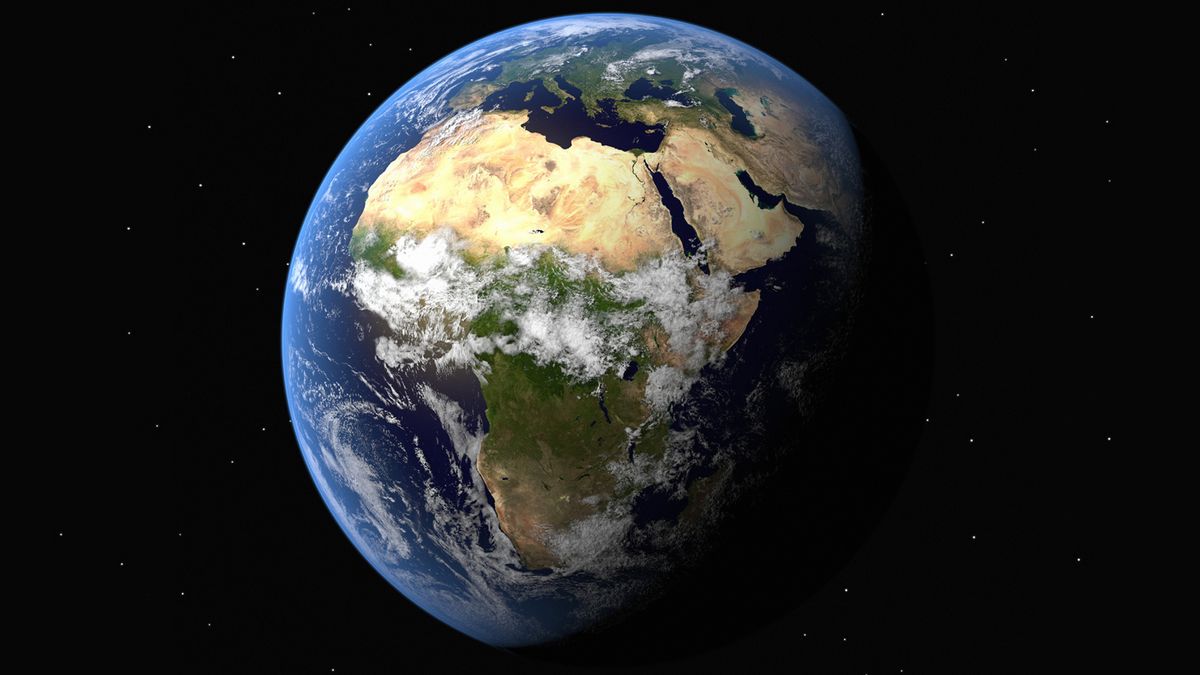7, Jan 2024
The World Without Africa: A Conceptual Exploration Of Global Connections
The World Without Africa: A Conceptual Exploration of Global Connections
Related Articles: The World Without Africa: A Conceptual Exploration of Global Connections
Introduction
In this auspicious occasion, we are delighted to delve into the intriguing topic related to The World Without Africa: A Conceptual Exploration of Global Connections. Let’s weave interesting information and offer fresh perspectives to the readers.
Table of Content
The World Without Africa: A Conceptual Exploration of Global Connections

The concept of a world map without Africa, while seemingly absurd at first glance, offers a powerful lens through which to examine the interconnectedness of our planet and the profound impact of a single continent on global dynamics. This thought experiment, devoid of any geographical reality, serves as a compelling tool for exploring complex issues of history, culture, economics, and geopolitics. By removing Africa from the map, we are not suggesting its non-existence or irrelevance, but rather highlighting its crucial role in shaping the world as we know it.
Historical Perspectives:
Africa’s absence from a world map would drastically alter the historical narrative. The continent has been a cradle of civilization, home to ancient empires like Egypt, Aksum, and Ghana, whose influence extended far beyond their borders. The trans-Saharan trade routes, connecting North Africa to the rest of the continent and beyond, facilitated the exchange of goods, ideas, and cultural practices, shaping the development of societies across Eurasia.
The absence of Africa would also erase the transatlantic slave trade, a brutal chapter in human history that profoundly impacted the Americas and the development of global economies. While the trade’s legacy continues to shape societies and cultures worldwide, its removal from the map would obscure the complex interplay between Africa, Europe, and the Americas.
Economic and Geopolitical Implications:
Africa’s vast natural resources, including minerals, oil, and fertile land, contribute significantly to the global economy. Its absence would create a significant economic void, impacting global trade routes, supply chains, and resource availability. The continent’s strategic location, connecting Europe, Asia, and the Americas, makes it a crucial player in global geopolitics. Its removal would disrupt established power dynamics, potentially leading to new alliances and conflicts.
Cultural and Societal Impacts:
Africa is a continent of diverse cultures, languages, and traditions, contributing significantly to the global tapestry of art, music, literature, and cuisine. Its absence would diminish the richness and complexity of global cultural exchange. Moreover, the removal of Africa would erase the contributions of countless individuals, from Nobel laureates to renowned artists and athletes, who have shaped the world with their talents and perspectives.
A Thought Experiment for Deeper Understanding:
The concept of a world map without Africa is not intended to diminish the continent’s importance. Instead, it serves as a thought experiment, forcing us to confront the following questions:
- How does Africa’s presence influence our understanding of the world?
- What are the historical, economic, and cultural consequences of Africa’s absence?
- What are the potential implications for global power dynamics and resource allocation?
By engaging with these questions, we gain a deeper understanding of the complex relationships between continents and the multifaceted impact of Africa on the global landscape.
FAQs about the World Without Africa:
Q: What would happen to the global economy without Africa?
A: The absence of Africa would significantly disrupt global trade and resource allocation. Key commodities like oil, diamonds, and agricultural products would become scarcer, impacting prices and potentially leading to economic instability.
Q: How would the absence of Africa affect global culture and society?
A: The loss of Africa’s diverse cultural contributions would impoverish global artistic expression. The continent’s influence on music, dance, literature, and cuisine would be absent, resulting in a less vibrant and diverse global cultural landscape.
Q: Would the world be more peaceful without Africa?
A: The impact of Africa’s absence on global security is difficult to predict. While the continent has faced numerous conflicts, it has also played a crucial role in peacekeeping efforts. Its absence might lead to new geopolitical tensions and conflicts, as other regions compete for resources and influence.
Q: What are the ethical considerations of imagining a world without Africa?
A: The concept of a world without Africa raises ethical concerns about erasure and invisibility. It is essential to acknowledge the continent’s rich history, diverse cultures, and significant contributions to the global community.
Tips for Engaging with the Concept:
- Explore the history of Africa’s interactions with other continents.
- Research the impact of African cultures on global art, music, and literature.
- Examine the role of Africa in global resource allocation and trade.
- Consider the potential consequences of Africa’s absence on global power dynamics.
Conclusion:
The concept of a world map without Africa serves as a powerful reminder of the interconnectedness of our planet and the crucial role of each continent in shaping global dynamics. While the thought experiment is purely conceptual, it compels us to acknowledge Africa’s historical, cultural, economic, and geopolitical significance. By understanding Africa’s contributions and recognizing its impact on the world, we can foster a more inclusive and equitable global community.
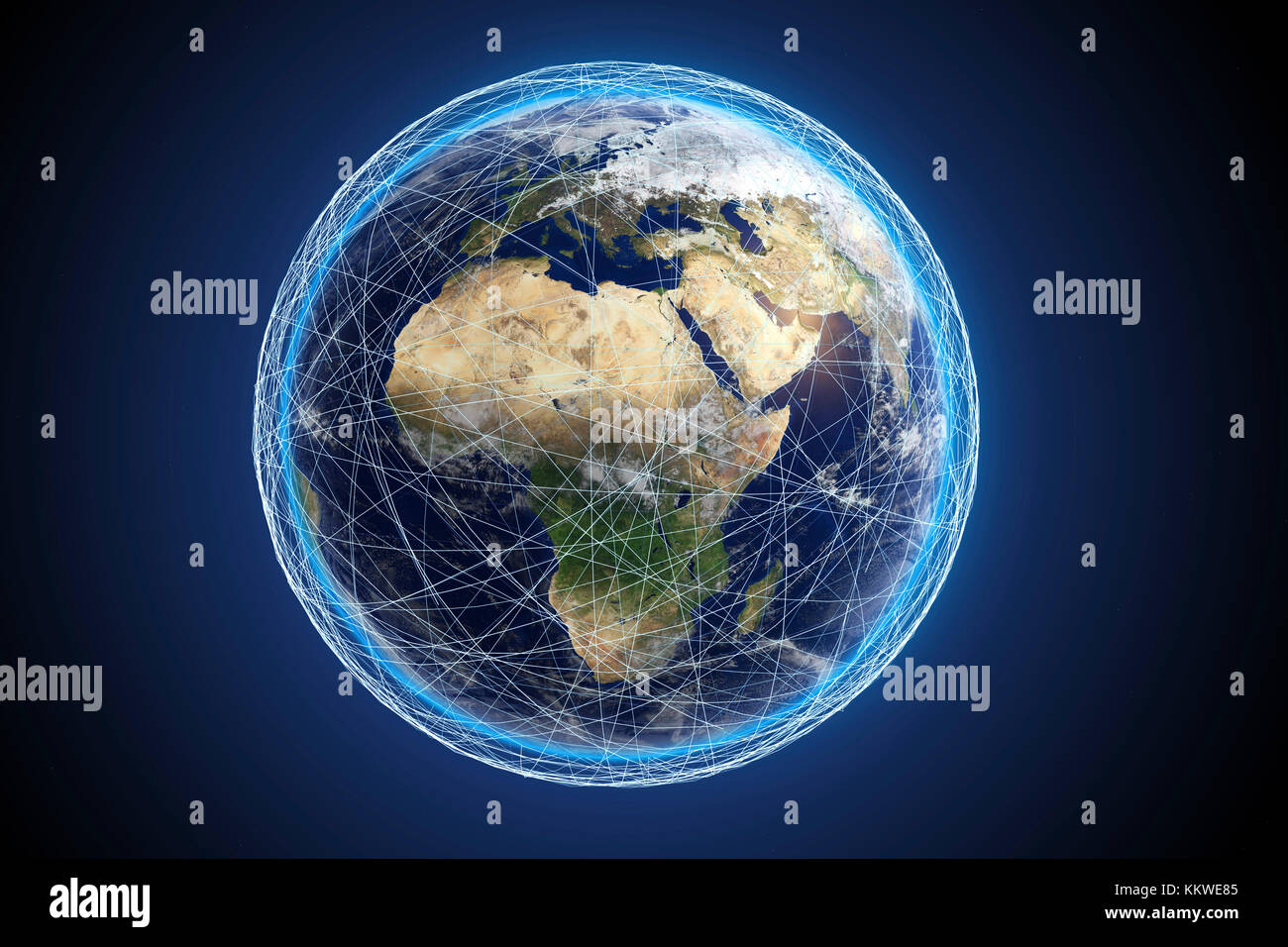
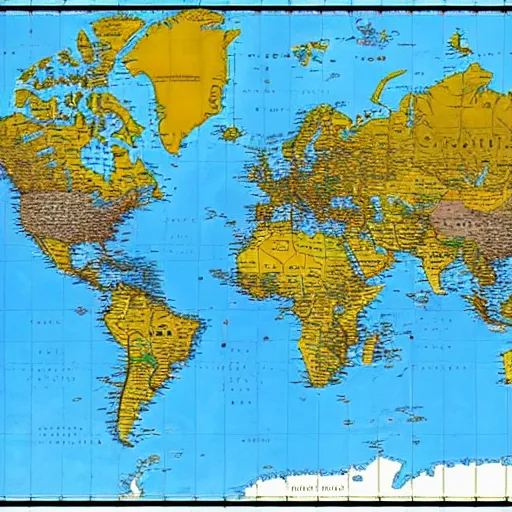
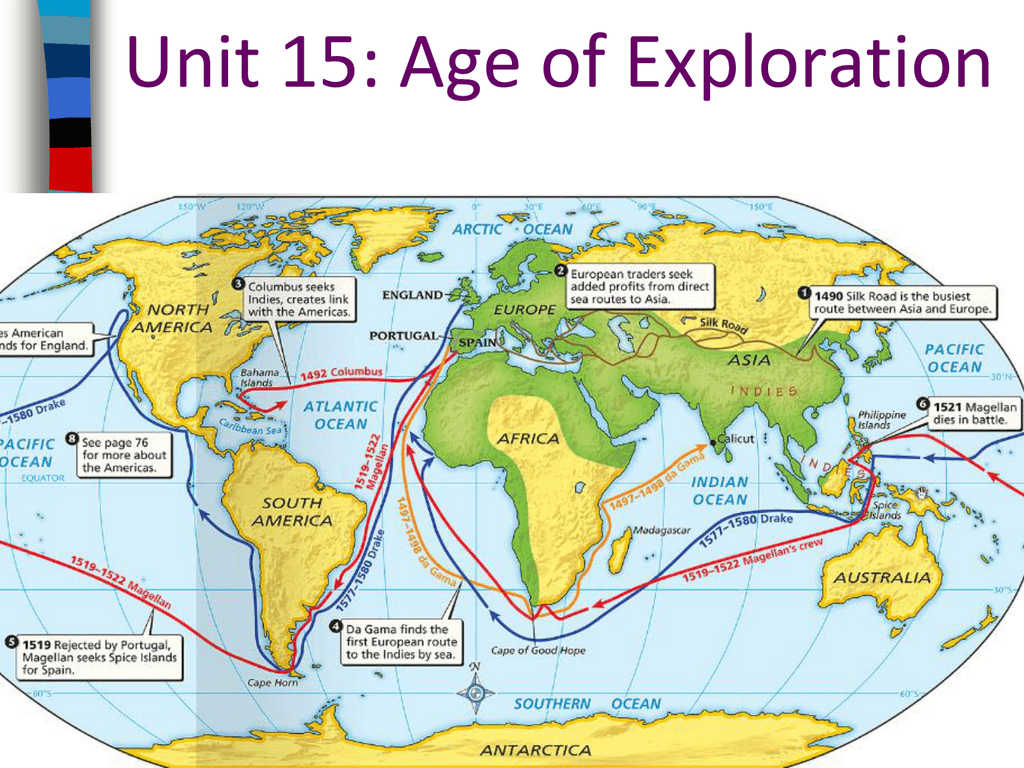

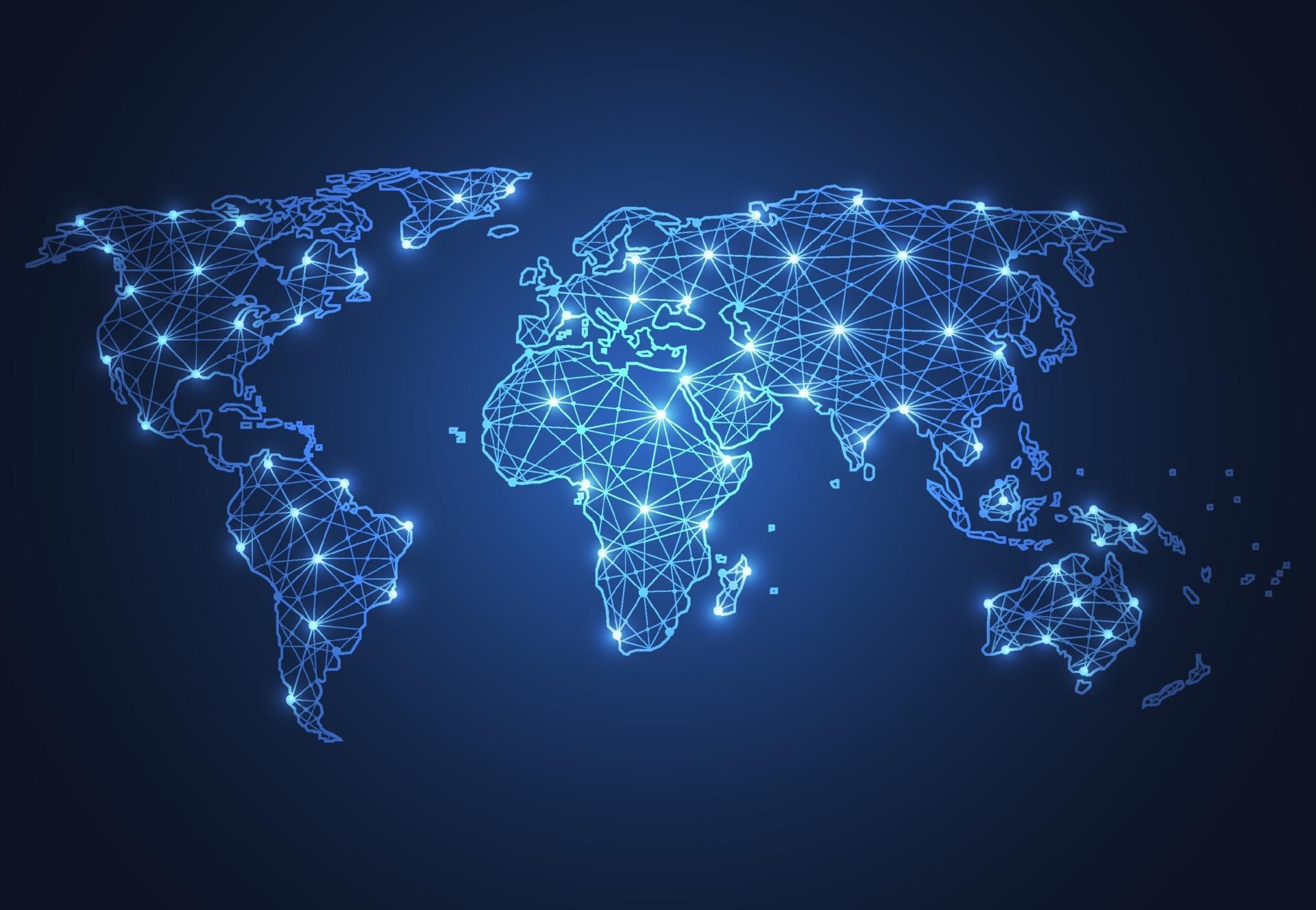
/2168347_eadc315ad3_o-59cee288685fbe0011acd4c6.jpg)
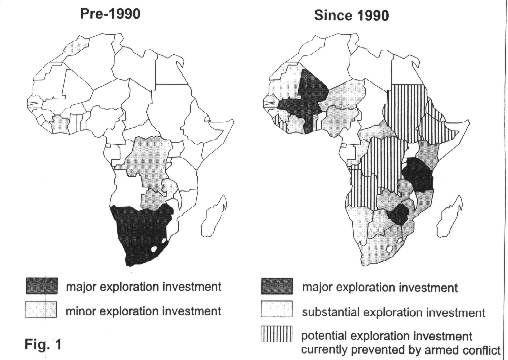
Closure
Thus, we hope this article has provided valuable insights into The World Without Africa: A Conceptual Exploration of Global Connections. We thank you for taking the time to read this article. See you in our next article!
- 0
- By admin

